After 17 days in Russia as an interpreter, supporting the Vietnamese delegation at the Victory Day parade, Lieutenant Colonel, Dr. Le Duc Tiep, 41 years old, from Ninh Binh, has returned to teach at the Military Technical Academy. He is Deputy Head of the Department of Electrical Engineering, Institute of Missiles and Control Engineering, and spent 10 years studying at university and doing research in Russia.
"The recent trip back to Russia left me with many emotions, proud to be with the Vietnamese delegation to participate in a meaningful event, and surprised that many people know me," said Mr. Tiep.
Previously, the image of Mr. Tiep dancing with a Chinese soldier was widely shared on social networks of both countries. Under each post, tens of thousands of people interacted and shared. Many comments praised the Vietnamese soldier for being "multi-talented", "beautiful dancer", "excellent diplomacy ".
Teacher Tiep said that the video was filmed on May 7, the second exchange organized by the Russian army, along with the armies of Vietnam, China, Laos and Myanmar. Normally, the exchange only has performances from the Russian side. But that day, the Chinese delegation registered a performance.
After the performance, a soldier from a neighboring country wanted to invite soldiers from other countries to liven up the atmosphere with dancesport. True to his passion, Mr. Tiep decided to go on stage to interact. He danced the cha cha cha with an impromptu arrangement, combining basic and advanced techniques.
That night, back in his room, Mr. Tiep slept as usual. At 5am the next morning, when he turned on his phone, he was surprised to receive a series of messages from relatives and friends.
"At that time, I realized that the exchange part was shared a lot," said Mr. Tiep.
Mr. Tiep said he studied at a university in Russia in 2004. At that time, he was quite shy and afraid to communicate. In the dormitory, which was mainly for Vietnamese students, he only spoke Vietnamese. Therefore, his Russian communication skills were limited.
In his third year of university, he learned about the many benefits of dancesport and decided to register for a club at school. At that time, the tuition fee was about 1 million VND/month. After a while, he found it interesting and registered for some advanced classes.
"Luckily, the club director was very kind, because international students were rare, so he allowed free tuition," said Mr. Tiep.
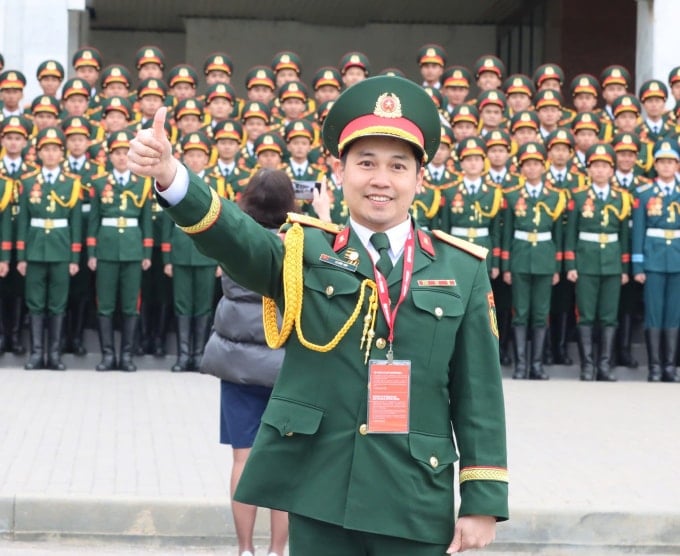
Thanks to knowing dancesport, Mr. Tiep participated in many cultural and artistic exchange events for students in Russia, thereby integrating better, increasing his ability to communicate in Russian and understanding of the culture of this country.
I still remember one time I attended a ball, everyone was dressed in gorgeous costumes, recreating the images of emperors, queens, and soldiers in history. I didn't know that culture so I wore a T-shirt, attracting a lot of attention.
To bridge the gap, the teacher took the initiative to dance and invite the girls to interact. Everyone around saw this and joined in, everyone became open and happy.
"Dancesport has helped me make many Russian friends since that day," said Mr. Tiep. "This subject has helped me become much more confident, ready to share and present in front of a crowd, and regulate my lifestyle, approach, and communication with Russian people."
In addition to performing, Mr. Tiep has competed in dancesport competitions in Russia and won silver medals at the Tomsk city level and the Siberian region level in Latin.
Mr. Tiep returned to Vietnam in 2011. Instead of inviting expensive coaches to teach, he watched many videos of world-famous dancers, then practiced and created his own way.
At that time, dancesport was not as popular in Vietnam as it is today, Mr. Tiep wanted to spread it by opening free dance classes and opening clubs in the faculty. Not only students of the Military Technical Academy but also neighboring schools such as Hanoi National University and Hanoi Pedagogical University also came to learn.
In 2014, Mr. Tiep returned to Russia to do research. After returning to Vietnam 4 years later, he no longer organized classes but still supported the training of lecturers and staff who loved this subject, and participated in performances at events of the faculty, school or unit.
"Dancesport helps me have many memorable experiences and always be in a comfortable and healthy state. It also helps to stimulate creativity," said Mr. Tiep.
Currently, Mr. Tiep still maintains 1-2 dancesport training sessions per week. He and his wife - who was once his dancesport student - plan to practice for their children and open a class to teach students in the near future.
"If I weren't a soldier, I probably would have continued my advanced studies and competed in professional dancesport," said Mr. Tiep.
TB (according to VnExpress)Source: https://baohaiduong.vn/giang-vien-truong-quan-su-nhay-dancesport-gay-sot-o-nga-411647.html



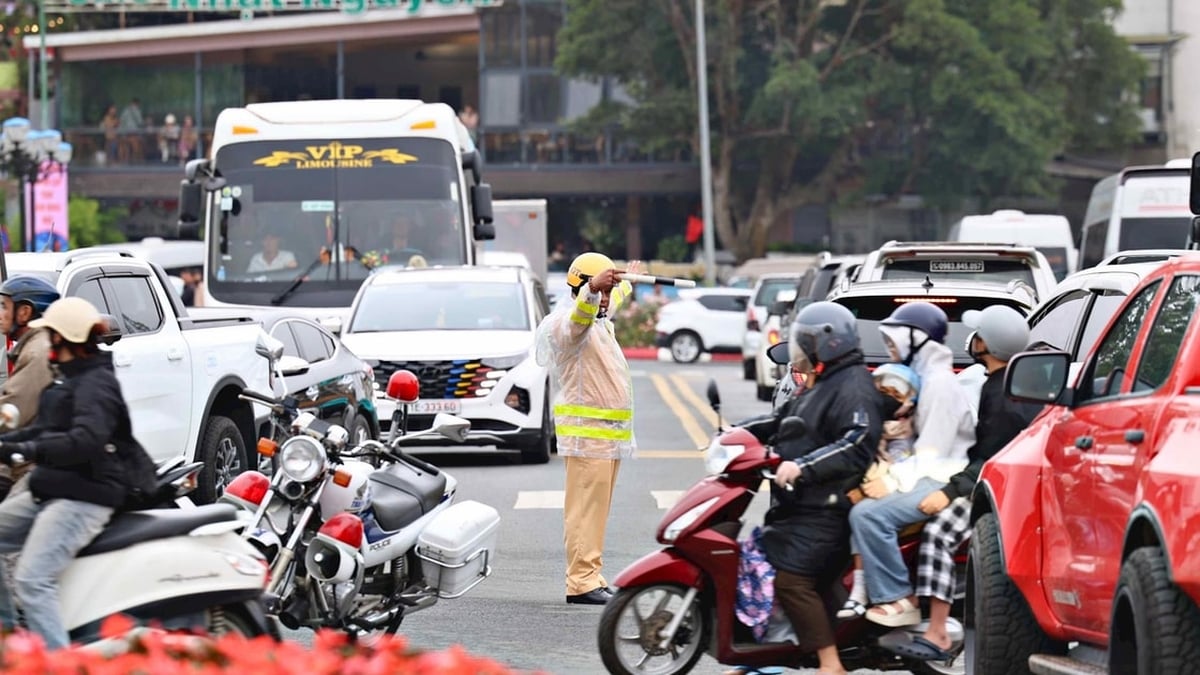
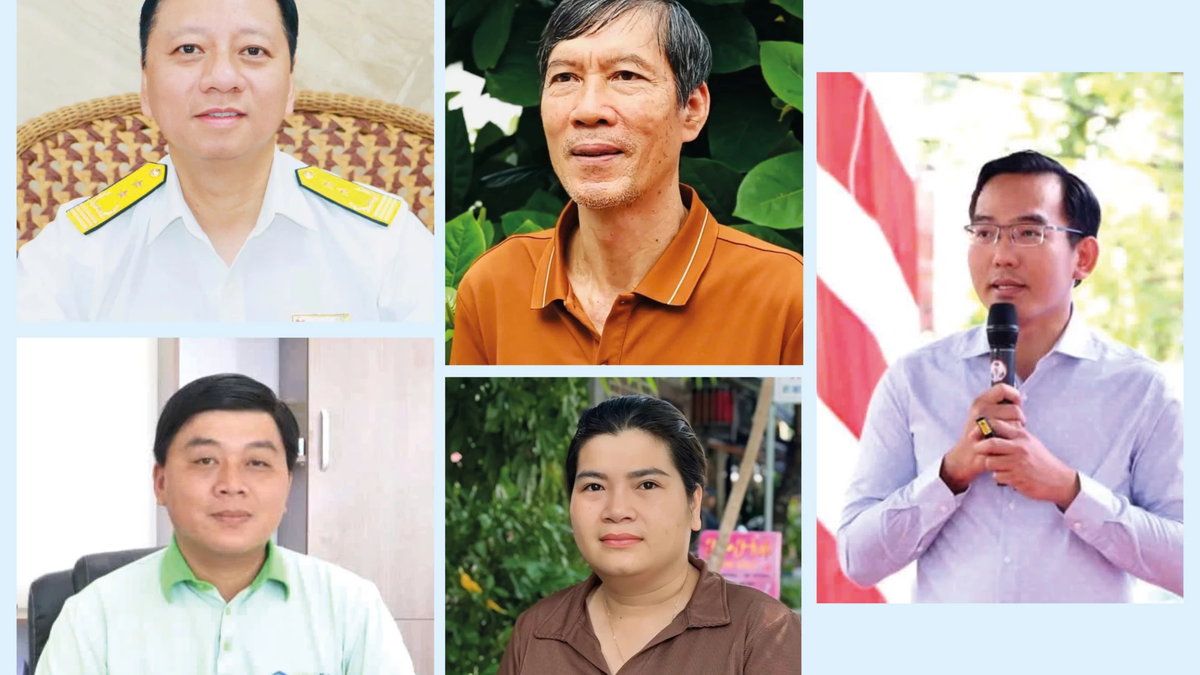

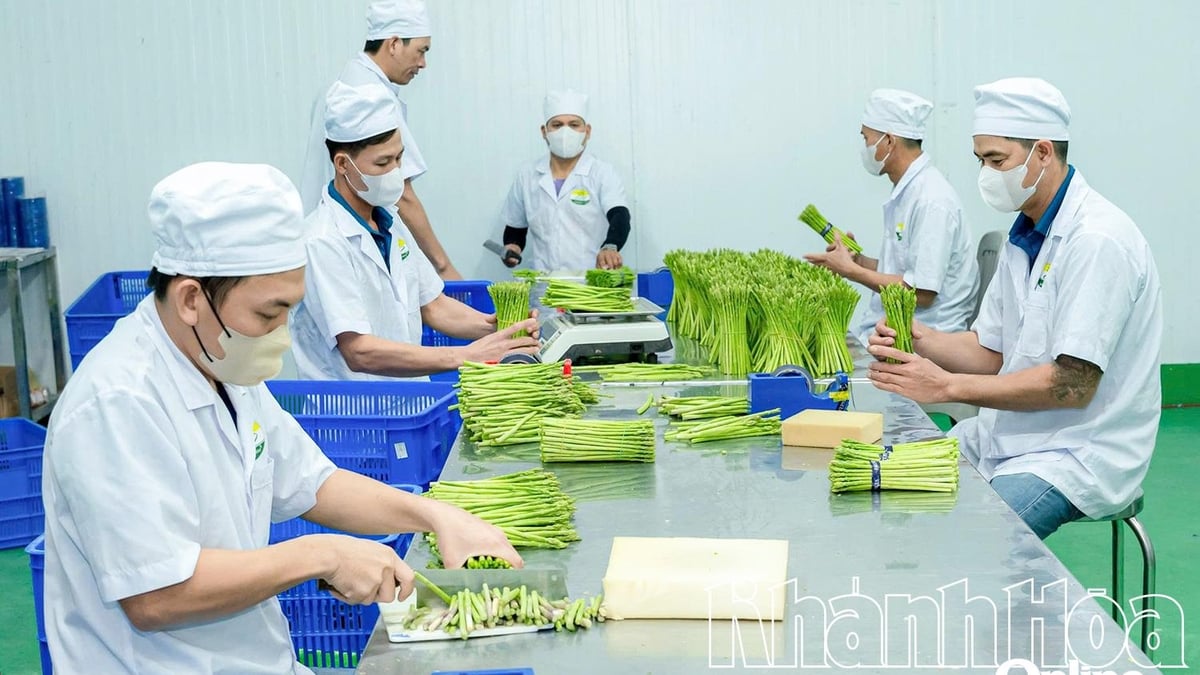
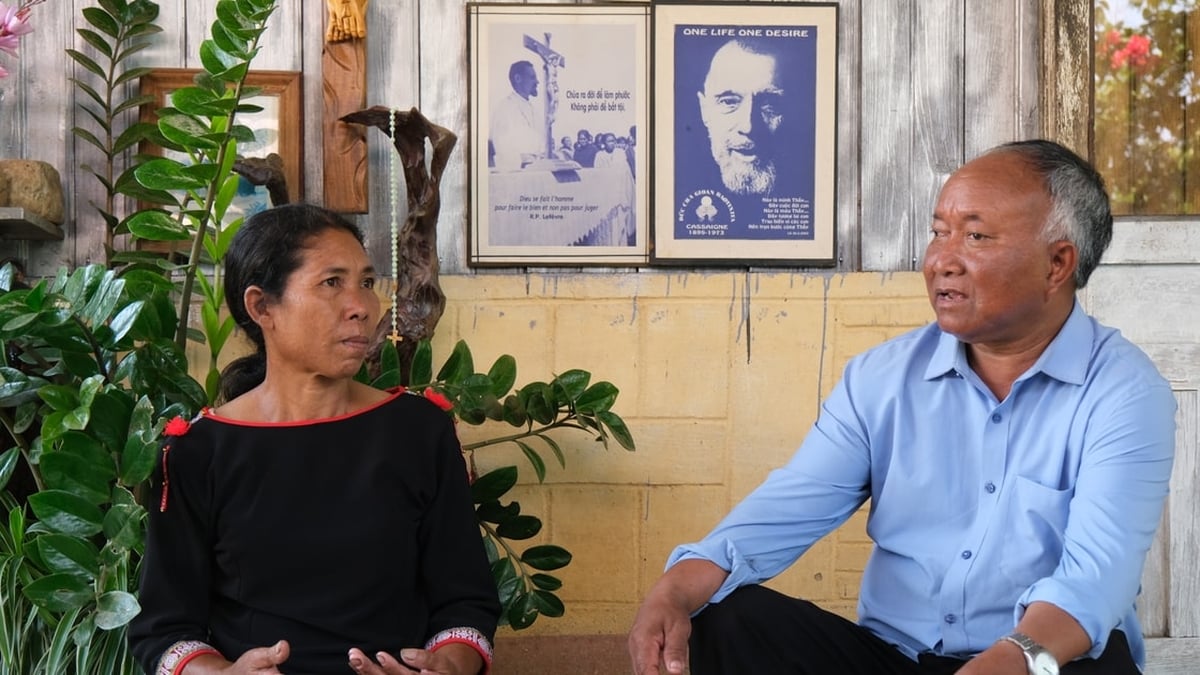
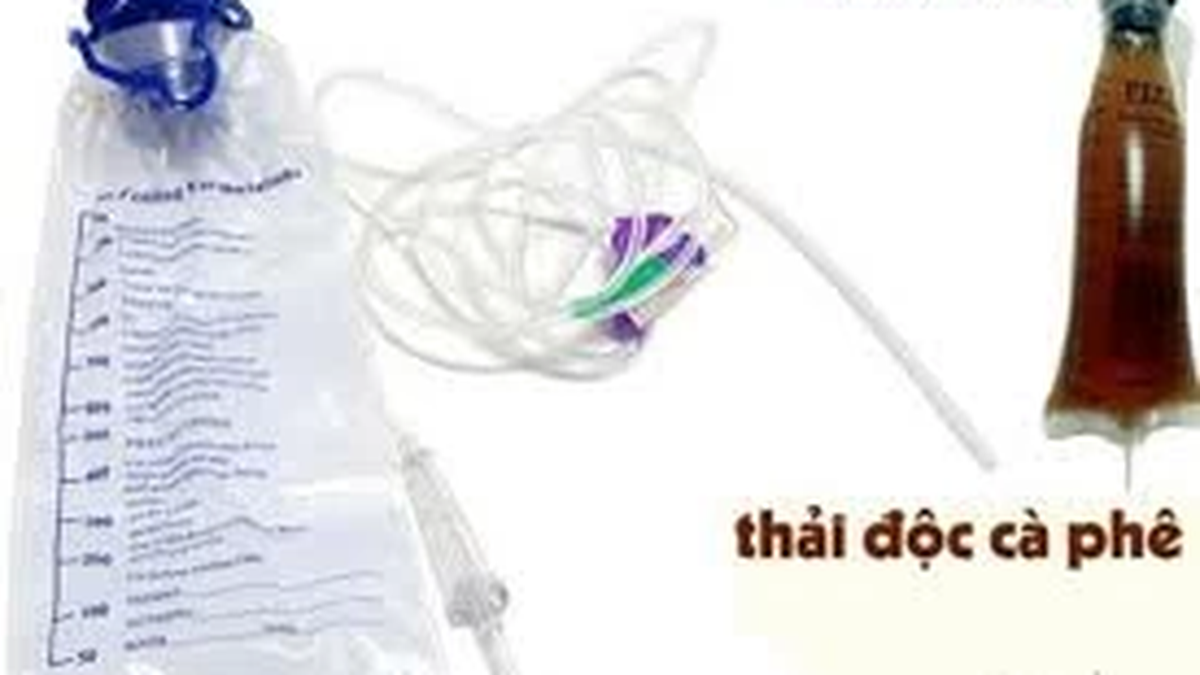
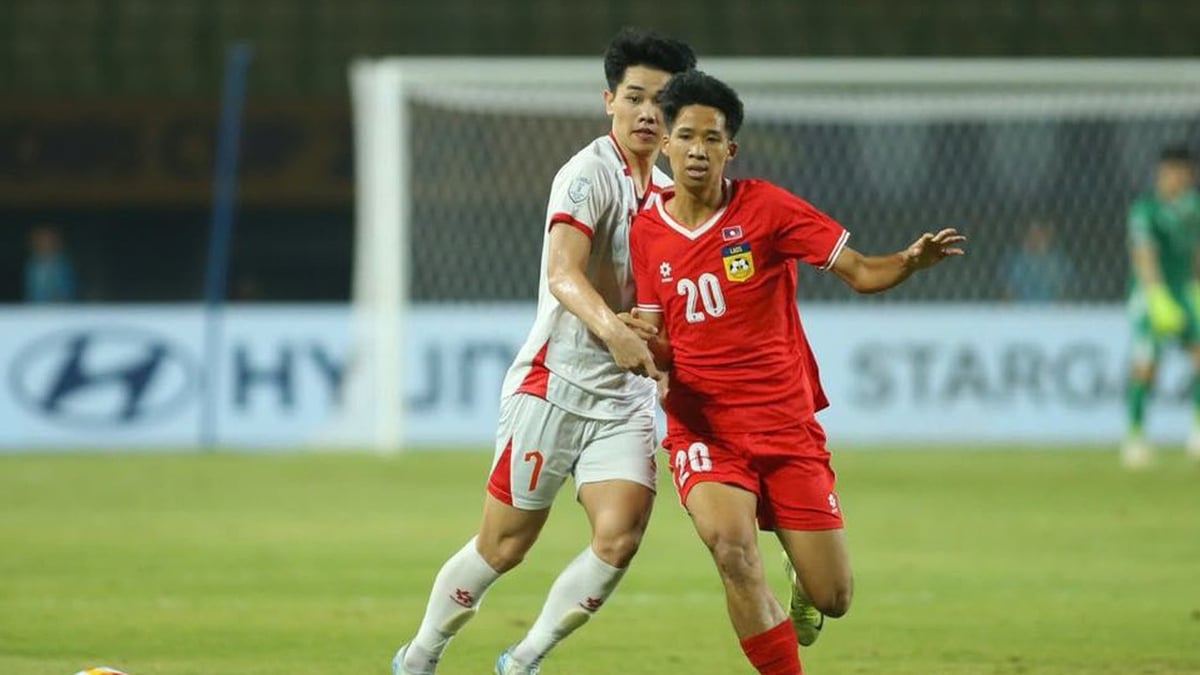
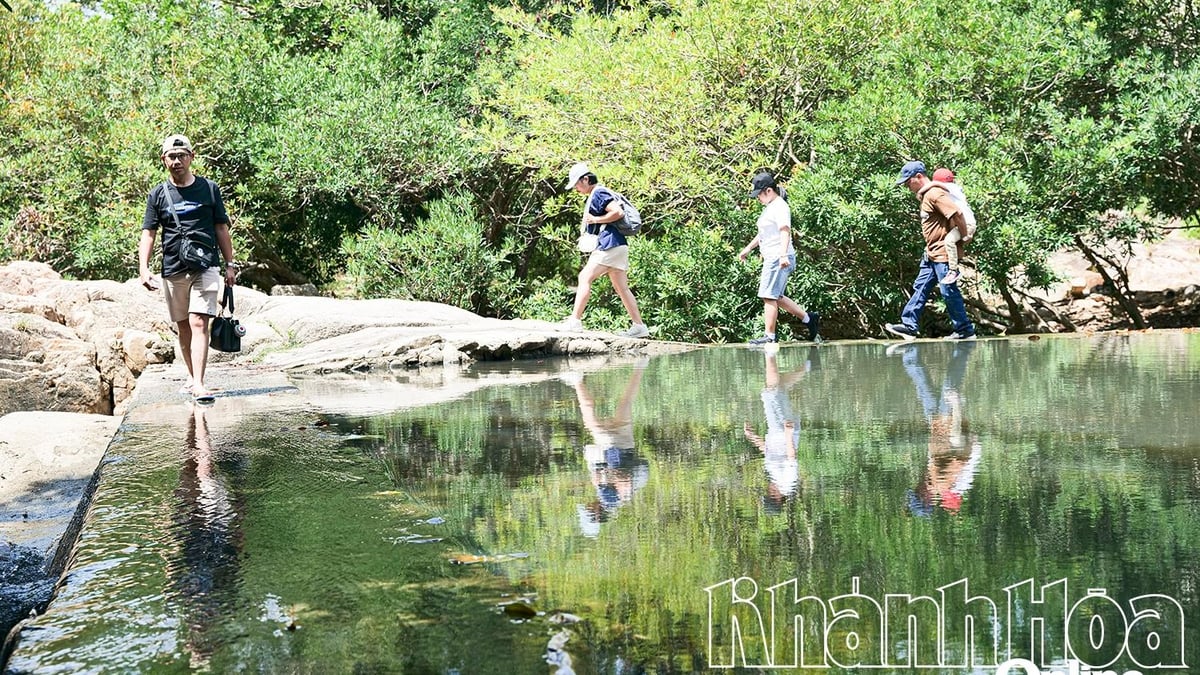
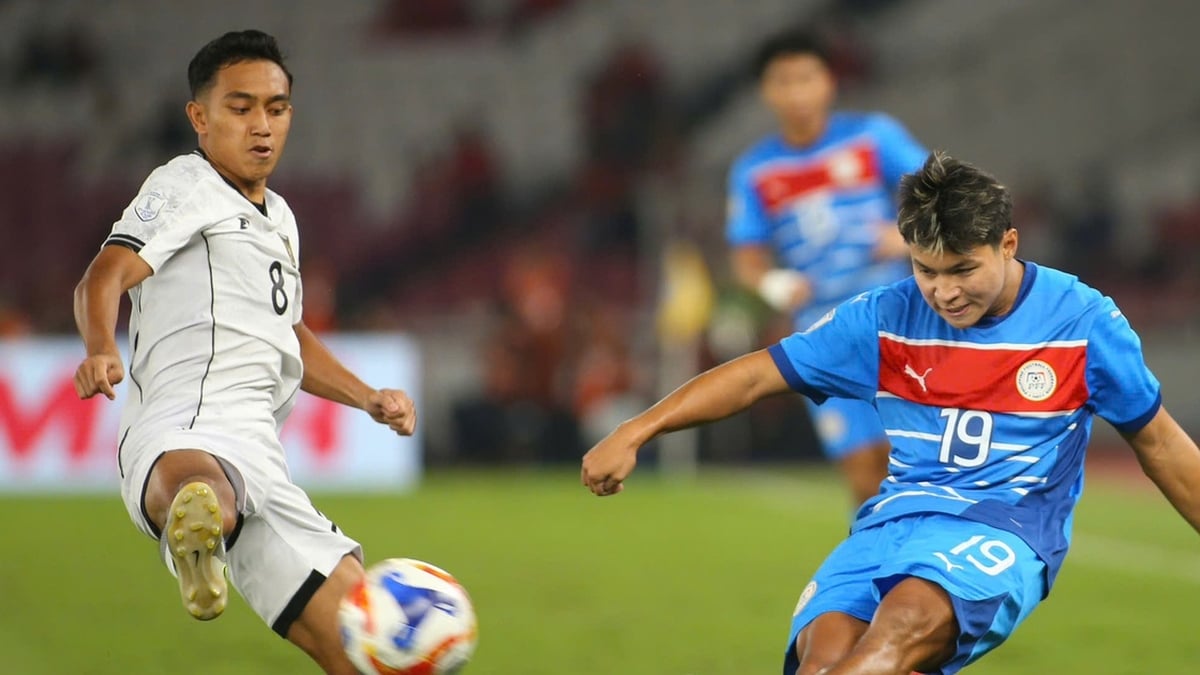













![[Photo] National Assembly Chairman Tran Thanh Man visits Vietnamese Heroic Mother Ta Thi Tran](https://vphoto.vietnam.vn/thumb/1200x675/vietnam/resource/IMAGE/2025/7/20/765c0bd057dd44ad83ab89fe0255b783)








































































Comment (0)